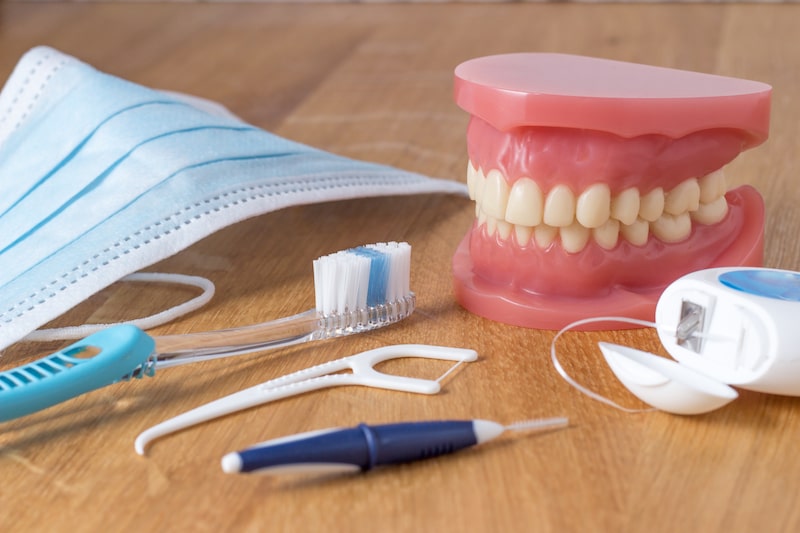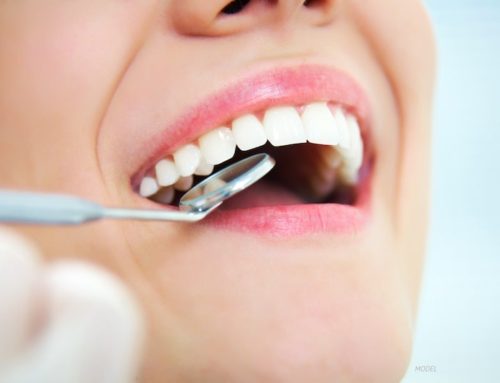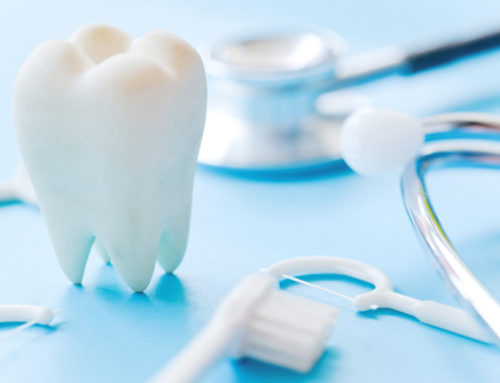3 Minute Read:
Going to the dentist can be overwhelming, especially if your last visit was a long time ago.
With medical and technological advancements, the dental field has significantly improved and continues to discover efficient techniques for teeth cleaning and oral health.
Ideally, patients should maintain good oral health by visiting the dentist regularly for exams and cleanings. Everyone has different levels of oral health and may need to schedule appointments more or less frequently.
Why Do I Need to Visit the Dentist?
Dental health problems can be identified early when you visit the dentist regularly. When caught while the issue is still beginning, your treatment is likely to be quicker, easier, and less expensive.
Preventative measures help avoid more serious complications. Problems can develop over time, so you want to ensure that your dentist catches concerns before they become serious.
Medical Conditions
Did you know that some medical conditions and diseases can be spotted by your dentist? Signs or symptoms can appear in your mouth, alerting the dentist of potential problems.
How Often Do I Need to See My Dentist Each Year?
Unfortunately, there is no simple answer to this because everyone’s dental needs are different. Men and women with healthy mouths are recommended to see their dentist for exams and cleanings twice a year; however, those with varying levels of periodontal disease often require more frequent and deeper cleanings. Men and women who suffer from periodontal disease may require a deep cleaning known as scaling and root planing followed by regular cleaning every three months (four times a year).
Warning Signs That You Should See Your Dentist
If you identify with one or more of the symptoms below, we encourage you to schedule an appointment with your primary dentist as soon as possible:
- Bleeding gums after brushing or flossing
- Difficulty chewing or swallowing
- Dissatisfaction with your smile or specific teeth
- Pain or swelling in your gums, jaw, or mouth
- Persistent bad breath, dry mouth, or a bad taste
- Puffy gums
- Tooth sensitivity to heat or cold
Do I Still Need to Go if I Am Not Experiencing Symptoms?
Although you may not feel any dental issues at the moment, there can still be underlying dental health problems hiding in your mouth. Only a skilled expert can diagnose these concerns during the initial stages.
Remaining consistent in your regular dental check-ups is the only way to guarantee future problems from developing. A thorough cleaning by a professional can remove hard buildups that regular brushing and flossing cannot reach.
How to Properly Care for Your Teeth at Home
Your oral and overall health depend on continuous mouth care. If you experience any new symptoms or changes in your health, bite, or anything else, please notify your dentist, so they are aware.
Oral Hygiene Tips
Daily teeth brushing and flossing are vital to the health of your teeth, and without them, no amount of in-office cleanings will do the trick.
When brushing your teeth at home, stick with a soft-bristled toothbrush or electric toothbrush. Brush your teeth twice a day, and replace your toothbrush every few months.
Brush in short strokes back and forth to clean the outside, inside, and chewing surfaces of your teeth. Make sure you reach every tooth when brushing, including the back molars.
Floss your teeth at least once a day to remove remaining food, plaque buildup, and bacteria between your teeth that can cause cavities.
Some patients find interdental brushes helpful to clean the spaces in their teeth between brushing and flossing.

Proper oral hygiene includes brushing and flossing your teeth daily.
Say Hello!
Your oral health is vital to our team. Our goal at Gum Dental Family & Cosmetic Dentistry is to provide professional cleaning and dental services in a safe, comfortable environment. Our office is located in Nazareth, PA, and we offer affordable family dentistry with gentle, compassionate care.
Schedule your consultation today by calling (610) 746-0488 or filling out our online contact form.




